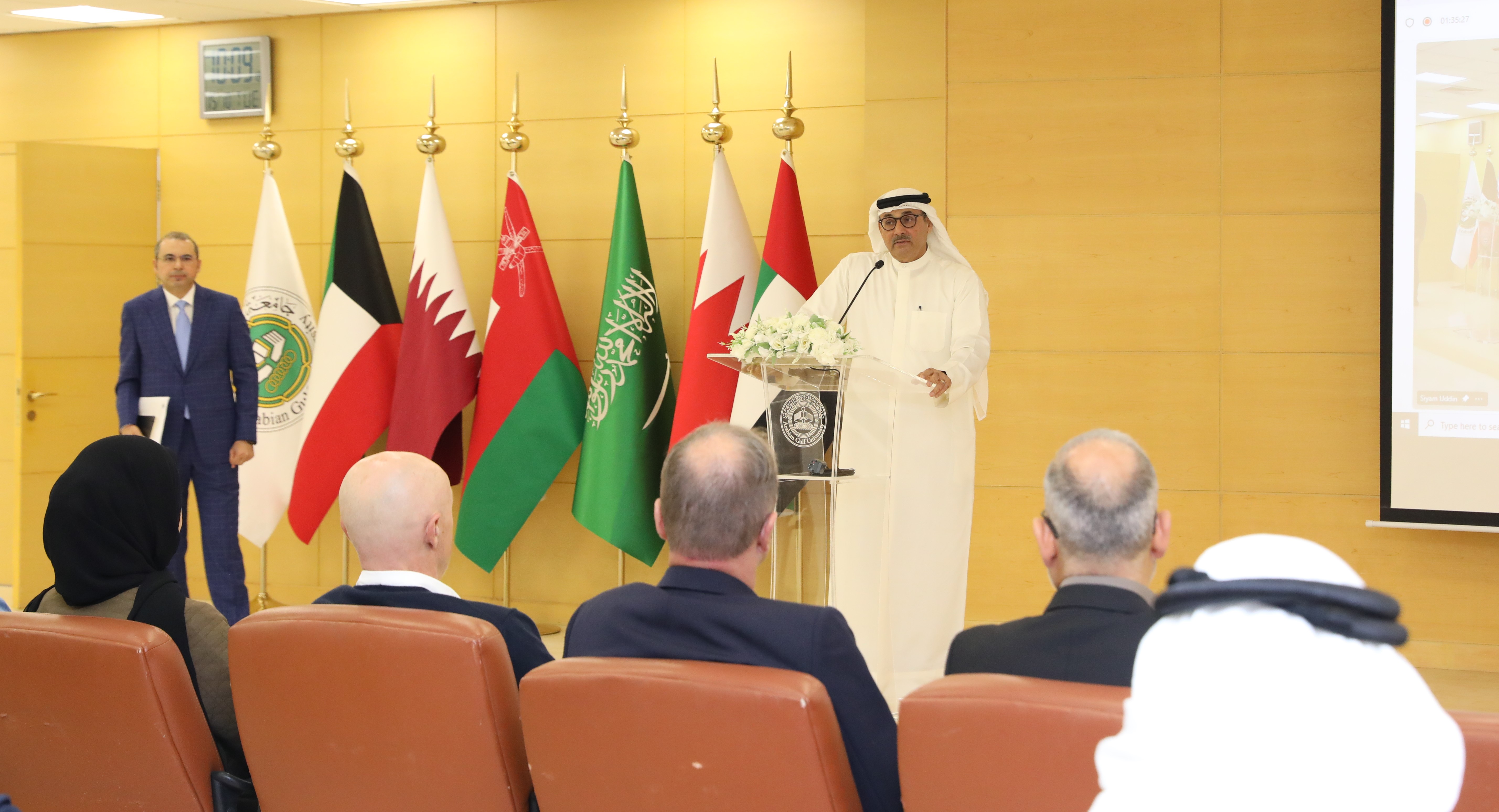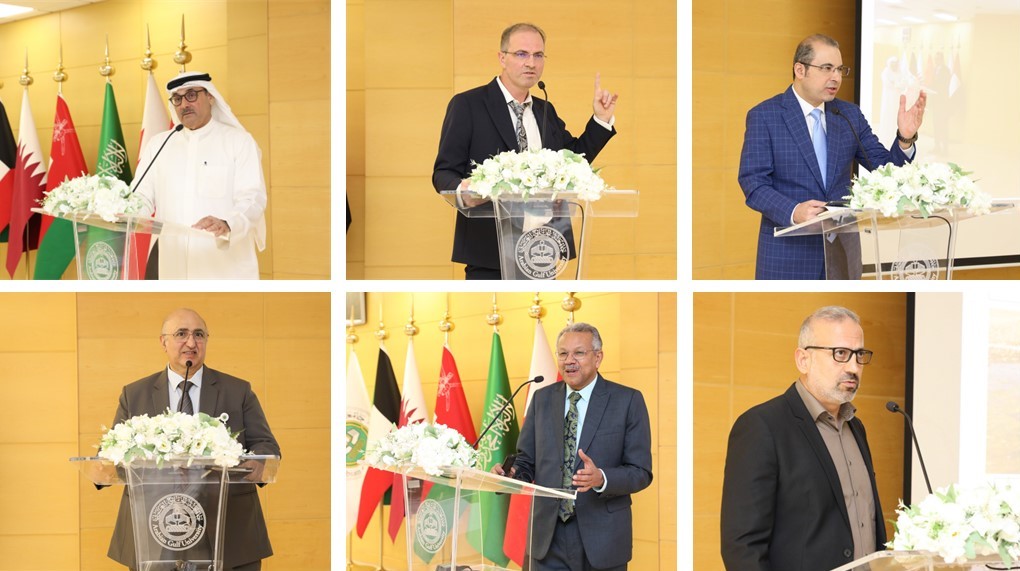
During the Sh. Zayed bin Sultan Al Nahyan Chair for Environmental Sciences’ Activity at the Arabian Gulf University: Prof. Zubari Announces Launch of Pioneering Research Project for Innovative Biological Water Treatment Technology
Arabian Gulf University
15 Oct, 2024
Prof. Waleed Zubari, Dean of the College of Education, Administrative and Technical Sciences at the Arabian Gulf University (AGU), has announced the university’s adoption of a pioneering research project aimed at transferring new technology based on ecological systems for the treatment of wastewater in the GCC countries.
He revealed that this research initiative, overseen by the Environmental and Biological Studies Centre at the university, will span four years and will involve collaboration with experts from both European and Gulf universities. This project is expected to result in the presentation of biological technologies by AGU that contribute to environmental preservation by purifying water pollutants through natural methods derived from ecological techniques, ultimately transforming these impurities into energy sources.
This announcement was made during the opening of a seminar of the Shaikh Zayed bin Sultan Al Nahyan Chair for Environmental Sciences held at AGU and titled “Eco-Based Treatment Technologies for Wastewater in GCC Countries.”
Prof. Zubari emphasised that this seminar, part of the academic chair’s activities and supported by the late Shaikh Zayed bin Sultan Al Nahyan, aligns with the University’s commitment to developing innovative and sustainable solutions to tackle the growing challenges of water scarcity and pollution in the GCC region, which is among the driest areas in the world and grappling with severe water shortages. He elaborated that the GCC, with its arid climate and rapidly rising population, faces considerable challenges regarding water scarcity. Simultaneously, significant quantities of municipal and industrial wastewater, particularly from oil production, are generated, and these volumes are increasing rapidly.
Moreover, Prof. Zubari explained that traditional methods of wastewater treatment and management are associated with high operational costs, consume substantial energy and generate waste that requires further management. He pointed out that nature-based solutions, such as constructed wetlands, represent a promising alternative.
He explained: “These engineered ecosystems are more cost-effective, ideally suited to the region’s arid conditions, utilising local plants and microorganisms to effectively remove pollutants from wastewater. By embracing nature-based solutions, GCC countries can enhance their water security, mitigate environmental impacts and promote sustainable development.”
For his part, Prof. Wael Muslimani, Environmental Biotechnology Professor, highlighted that constructed wetlands are a green and economically viable technology compared to traditional methods, stating that they rely on a combination of plants and microorganisms found in the roots of these plants, working synergistically to eliminate hazardous environmental pollutants from wastewater through bioremediation.
The seminar also featured contributions from experts within the GCC and the international community. The keynote speaker, Prof. Dimitri Heintz from the University of Strasbourg in France, addressed the sustainable treatment of wastewater using constructed wetlands. Prof. Raed Abed from the College of Science at Sultan Qaboos University in Oman discussed the bioremediation of produced water using microbial mats in constructed wetlands, as well as biodiesel production from algal biomass. Furthermore, Prof. Abhijeet Borole from the University of Tennessee in the United States outlined the use of microbial electrolysis cells for treating produced water, while Dr Abdulhadi Abdulwahab from the Environmental and Biological Studies Centre at AGU explained the capabilities of facilities designed for treating wastewater in the GCC countries. In addition, Prof. Waheeb Al Nasser, Vice President for Academic Affairs at AGU, shared insights on the role of photovoltaic cells in the purification of wastewater.

The research project team consists of Prof. Zubari, Prof.essor of Water Resource Management; Prof. Wael Muslimani, Environmental Biotechnology Professor; Dr Abdulhadi Abdulwahab, Associate Professor of Soil, Water and Plants; and Dr Sumaya Youssef, Assistant Professor of Environmental Engineering.
